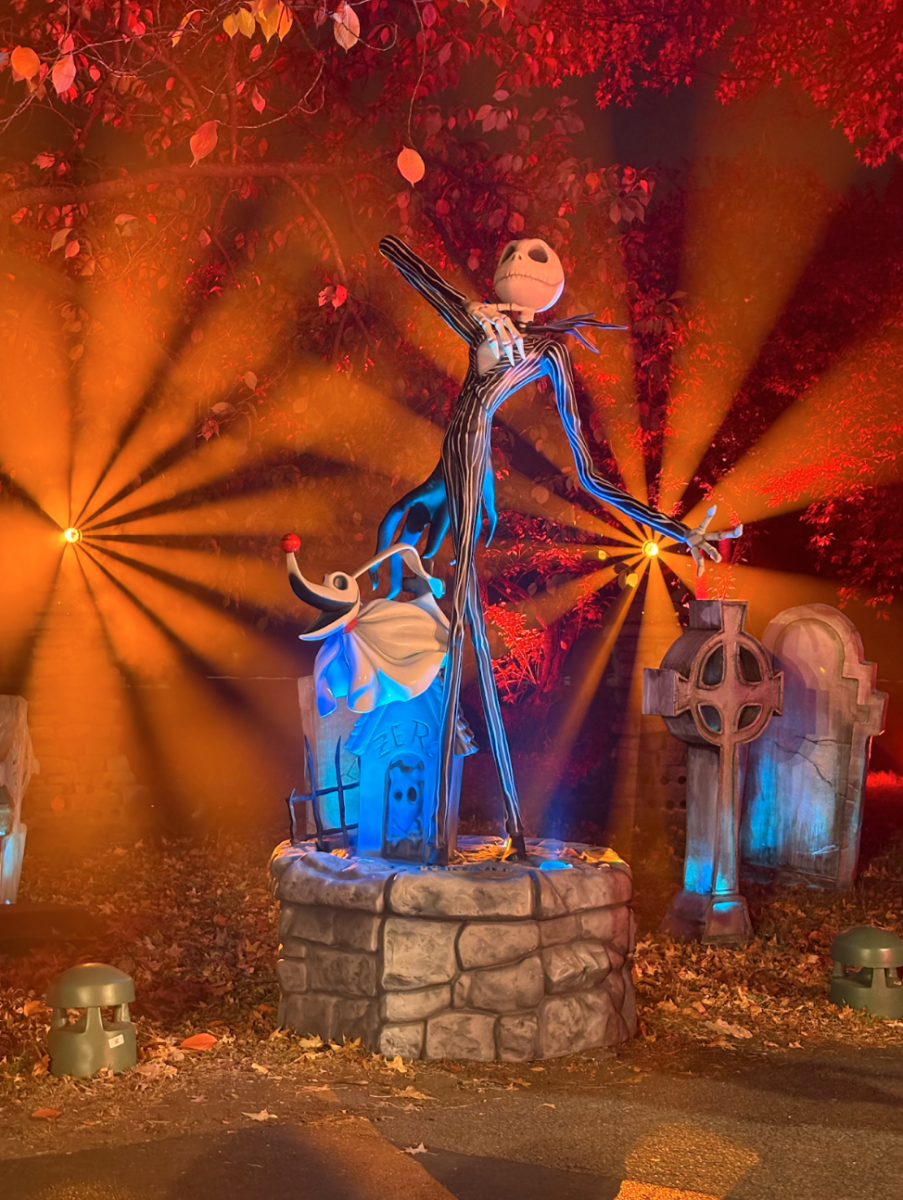By Kieran Press-Reynolds
If Nickelodeon made a Drake & Josh spinoff that featured just Drake, would it still be as good? Probably not. Drake & Josh was so fun precisely because of the how the two brothers interacted with each other.
The same applies to Migos, America’s hottest hip hop group. The Atlanta trap trio (Quavo, Offset, Takeoff) works best in tandem, switching flows and ping-ponging ad-libs like some absurd, magical carnival attraction. It is the same formula every time, but there are enough little stylistic tweaks to keep listeners entertained endlessly.
Out of the three Migos, Quavo has the most radio-friendly tone. Offset always sounds a little sickly, and Takeoff’s voice is too deep and gritty. But Quavo uses AutoTune so he seems almost illusory, like a gurgling gargoyle that’s come alive.
His nickname “huncho” even translates to “leader of the pack,” which gives credence to his status as the unofficial lead Migo.
So it almost makes sense that he’s trying his hand at a solo record – almost.
The album comes across like a victory lap, Quavo saying, “look at how famous I am, look at how many famous people I know… and I can even do it all by myself.” But the last part doesn’t really hold up.
While QUAVO HUNCHO is full of Migos-typical hallmarks–bouncy trap beats, Patek Philippe watch references, “woo” ad-libs, et al–it’s missing the other two, his partners-in-rhyme. At a certain point while listening to Migos tracks, the three seem to blend into one moving, grooving unit; Quavo just isn’t compelling enough to carry 19 full tracks by himself.
There are a couple tracks in particular, “GO ALL THE WAY” and “LOST”, where Quavo ditches the Migos sound in a seriously concerning way.
The former jettisons the smooth, sublime style of instrumental that usually characterizes Migos songs (think “Walk It Talk It”, “Stir Fry”, “MotorSport”) for an abrasive 8-bit-style beat, courtesy of Pharrell. The beat sounds both amateuristic and not at all trap-flavored, more 2004 Usher than 2018 Migos (it’s like a pixelated “Yeah!” circa Confessions).
“LOST” is almost the opposite: mellow and moody, but also nauseating. The performances by Quavo and feature Kid Cudi do not match the low-key tone of the track: Quavo sounds loud and whiny, and Cudi has too much autotune. The synth motifs and various sound effects are also unpleasant. It sounds like both the vocals and the various other sound layers were saturated with too much flanger effect, resulting in everything feeling too “damp” or heavy over the chill beat.
What’s even more frustrating is that the best track on the album probably shouldn’t be credited to Quavo at all, but to Travis Scott.
“RERUN” was teased for nearly two years, first featured in a snippet back in October 2016. After it wasn’t released on either Migos’s Culture or their Culture II, or on the Quavo and Scott collab Huncho Jack, Jack Huncho nor Scott’s solo Astroworld, fans pretty much conceded defeat.
Finally “RERUN” is here, and it’s incredibly intoxicating. The beat is druggy and dreamy, with swirly synths and melodic hums that sound like church hymns (to the pagan trap god, lord AutoTune). Quavo and Scott work together in perfect unison, trading lines on the hook like baton handoffs in a relay.
But it’s Scott who makes a bigger impression, rapping the catchy “I had to come right back and double back like rerun” and relegating Quavo to “yeah, uh” ad-libs. Scott even gets a 50-second beatless break in the middle, where he’s given free reign to steal the show and perform a trademark soliloquy like the one on his fantastic Rodeo-era “Pornography.” The entire psychedelic atmosphere (it makes you feel sort of like you’re in a car riding through your hometown, rain pouring down the windows, thinking wondrously about everything you’ve done) screams Travis Scott, not Quavo or Migos.
There are other tracks where Quavo is flexed on by his guests as well, like “PASS OUT” and “LOSE IT.”
The former has a tight, imposing trap beat, and features 21 Savage’s typical deadpan, menacing flow, which sounds far more fitting than Quavo’s somewhat weaker, wavering tone.
Similarly, on “LOSE IT”, featured rapper Lil Baby goes off. He spits his entire verse in what feels like one breath. Lil Baby also has a very idiosyncratic vocal style, like a Young Thug with vocal Parkinson’s disease: it’s extremely frenetic, volume shaking up and down seemingly by the millisecond; this does not favor Quavo at all when his style is pretty trap-typical and, in this track, offensively boring.
There are a good number of excellent Quavo solo tracks, though. “BIGGEST ALLEY OOP”, “WORKIN ME” and “BUBBLE GUM” are all brilliant, and highlight Quavo’s potential to perform well if he chooses the right beat.
“BIGGEST ALLEY OOP” is built on an absolutely dirty, stank face-inducing flute-driven beat. Quavo rides the wave with an aptly aggressive, enjoyably braggadocious verve.
Both “WORKIN ME” and “BUBBLE GUM” were singles released before QUAVO HUNCHO came out. The former has an especially stimulating instrumental, punchy and hypnotic; Quavo supports the drums with his own humming, and he harmonizes it to perfection with AutoTune. “BUBBLE GUM” is simpler, but the beat still sounds fresh and Quavo’s flow is superb.
While QUAVO HUNCHO overall seems to be a little half-baked, it appears to be more of an experiment than anything else. Offset and Takeoff have announced intentions to release solo albums as well, and the entire band is not breaking up yet because they’ve declared plans to put out a third Culture installment next year.
If anything, we (and Migos) should be concerned about the oversaturation of their sound. We’ve already been given an almost unmanageable quantity of tracks over the past couple years, and a boatload more will surely capsize public favor.






































































































































































































